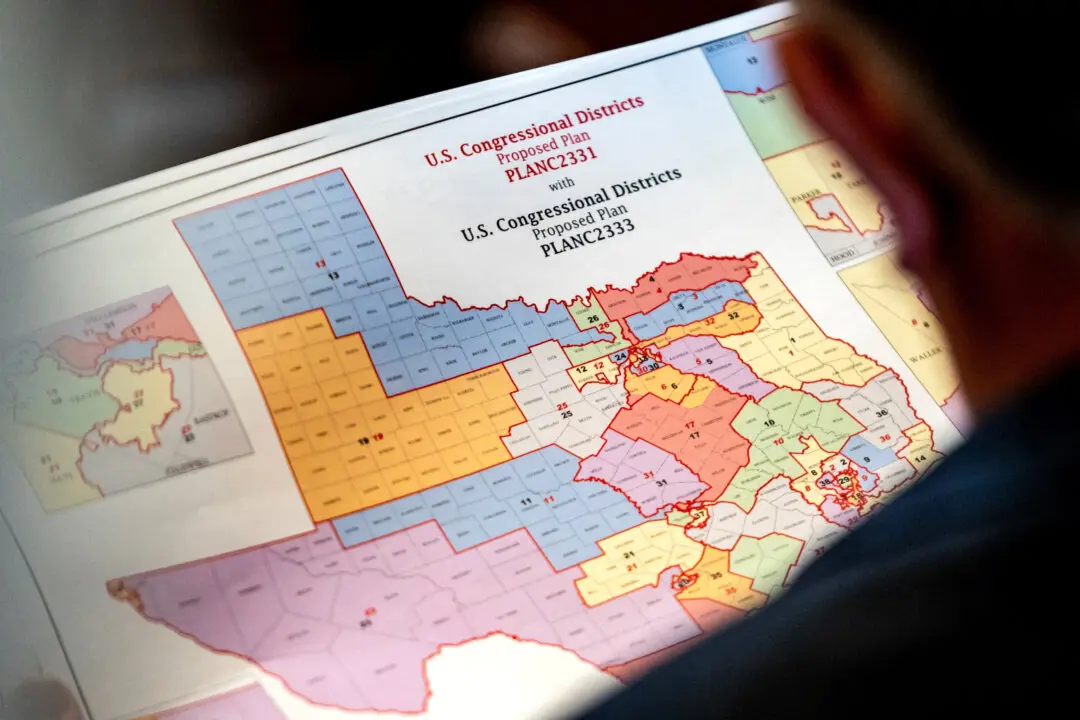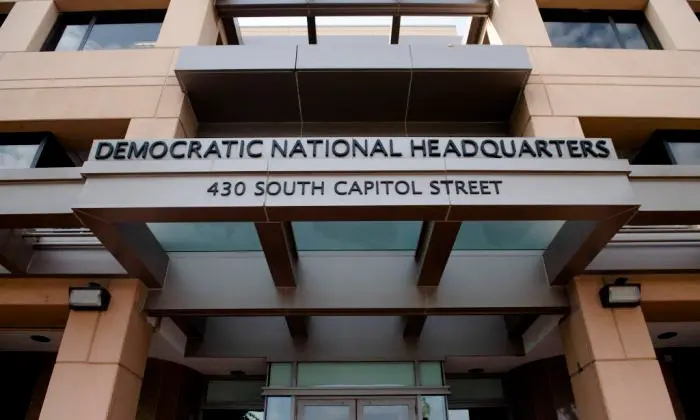Disney is moving to dismiss a wrongful death lawsuit filed by a man whose wife died after allegedly suffering an allergic reaction at Raglan Road Irish Restaurant and Pub, a dining establishment in Disney Springs.
Disney Springs is an outdoor shopping, dining, and entertainment complex at Walt Disney World Resort in Orlando, Florida.





